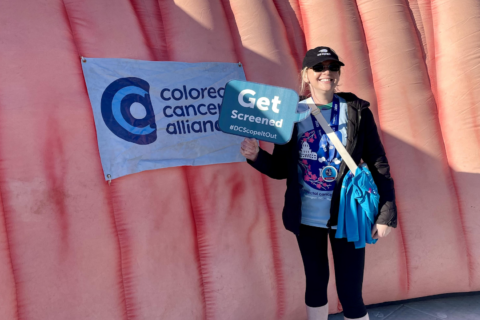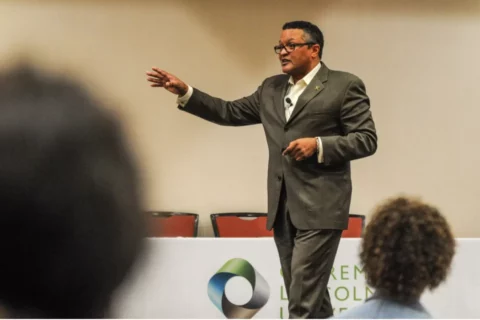A Maryland woman will be in the spotlight this Super Bowl Sunday.
Baltimore’s Jessica Long, one of America’s most decorated Paralympian swimmers, is being spotlighted in a commercial for Toyota. Her commercial, which doesn’t include a single car or truck, relates her adoption from Russia and how her parents were warned that Long was born with a rare condition that would require the amputation of both legs below the knee almost immediately after she arrived in the US.
“It might not be easy, but, it will be amazing,” her adoptive mother says in the commercial.
One expert says you can probably expect many of the commercials airing on Sunday to follow a similar path this year.
“We’ve gone through quite a bit,” said Hank Boyd, a clinical professor of marketing at the University of Maryland’s Smith Business School.
He said the ongoing pandemic and the difficulty many Americans have faced means “advertisers out there have to be keenly aware, you don’t want to be out of touch. You want to be sensitive of what people have gone through, so it may not be the right time for something like the usual standard fare of zany, silly commercials with cheap laughs.”
For some viewers, the Super Bowl is an extension of the “normalcy” that televised sports was able to provide this year, and outlandish and star-studded commercials we’ve come to expect could be an extension of that.
But Boyd said he believes there’s a fine line that can easily be crossed.
“I think you have to really be careful here,” Boyd said. “I would advise companies to say look for unity, look for hope, look for anything that speaks to our greater good, that we’ve been through a lot and we’re going forward.”
More Super Bowl news
- Super Bowl LV: What you need to know
- CBS special asks you to vote for your favorite Super Bowl commercials
- Fauci warns against Super Bowl parties to avoid virus spread
- Go-to brews for Super Bowl Sunday
This year, a 30-second commercial during the Super Bowl will cost an average of around $5.5 million, and advertisers like Coke, Pepsi and Budweiser — iconic American companies that have run their spots during the Super Bowl every year for decades — have already announced they’re sitting things out this year. (That said, other brands owned by their parent companies will still be advertising during the game)
“I’m not surprised by that,” said Boyd. “I think that’s good marketing. That’s someone sitting around saying ‘OK, what’s happening? How do we show real action?'”
In particular, he noted Budweiser is taking the money it would normally use for advertising during the game and spending it on COVID-19-vaccine awareness. The company isn’t saying how much it’s spending on the program, but it’s reportedly a multimillion-dollar contribution in the ballpark of what it spends on Super Bowl advertising.
“I think it’s just, spot on, that’s the way to do it,” said Boyd. “Other companies are saying maybe we can allocate some of these dollars toward on the ground, in real time, campaigns that are doing things for folks.”
He said he anticipates about a third of all the commercials will acknowledge those who worked the hardest during the pandemic, from first responders to health care workers, to some restaurant and grocery workers and food delivery drivers. In fact, among the new advertisers to the game this year will be Door Dash, which saw exponential growth in total orders last year.








